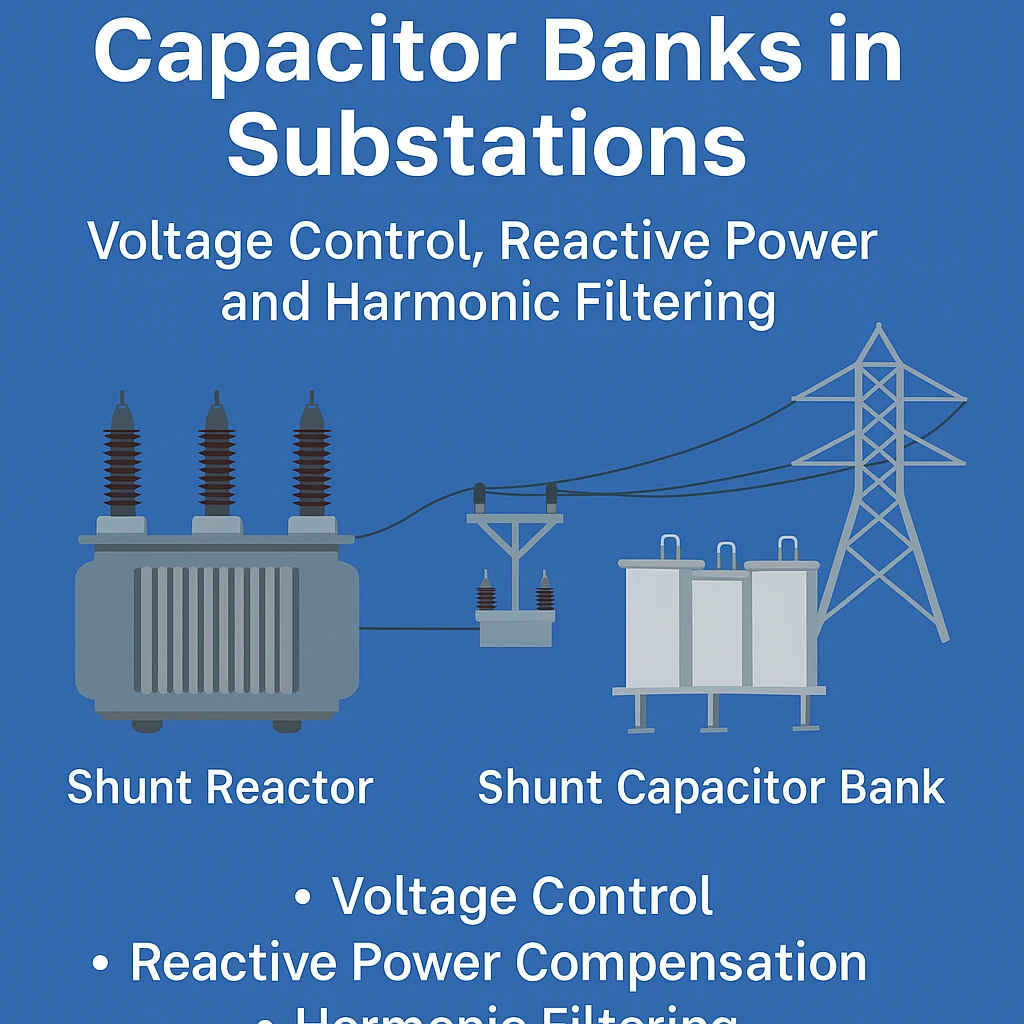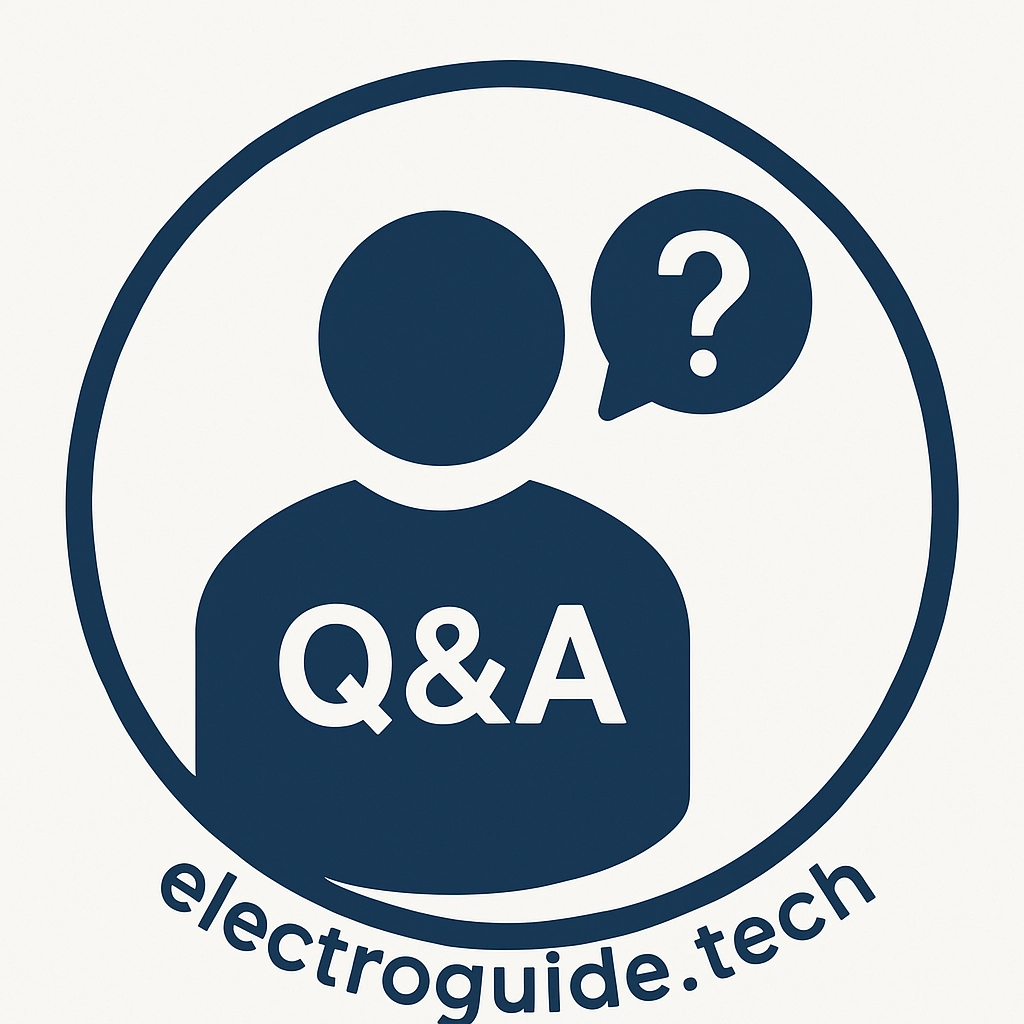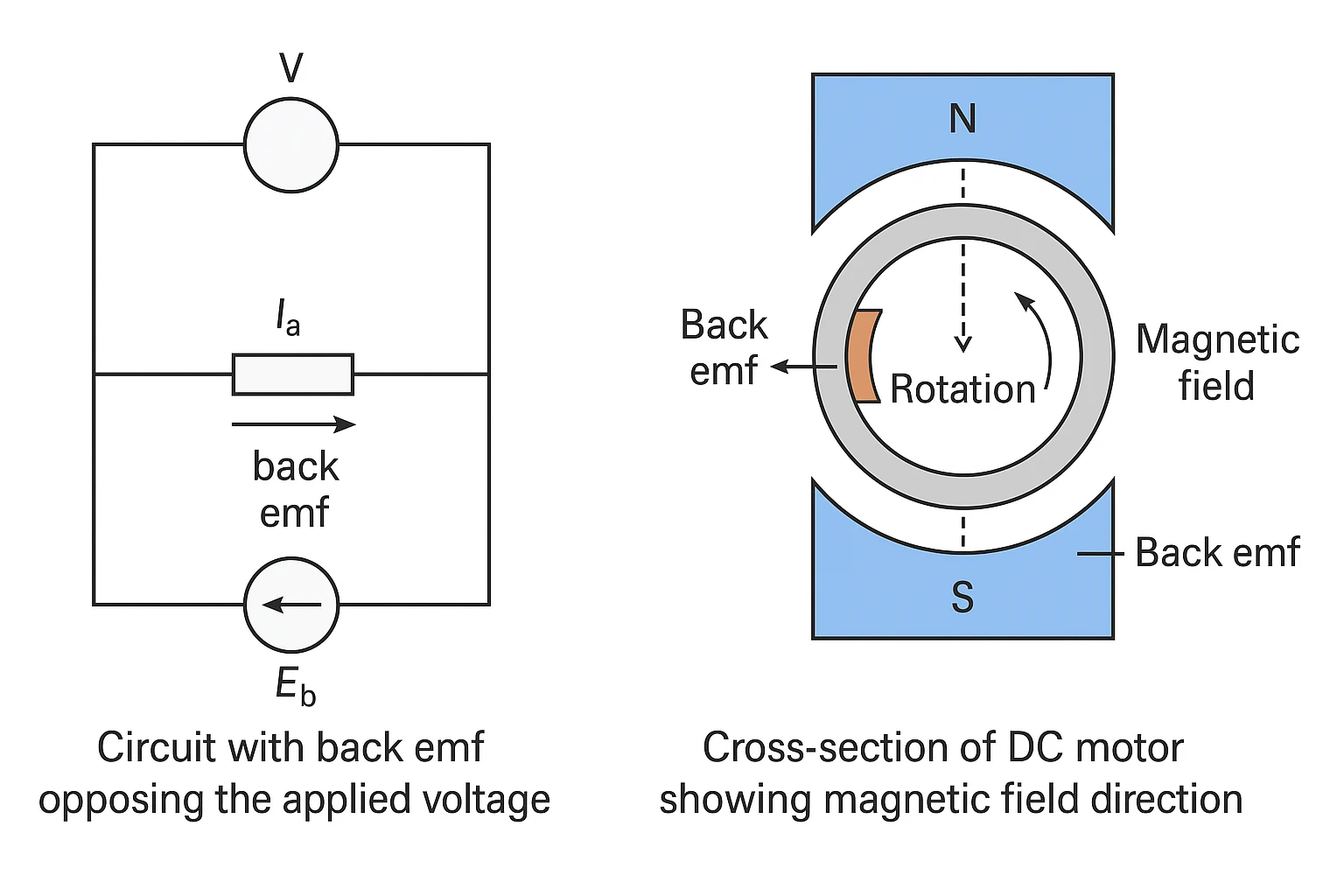Substation Reactive Power Compensation Equipment: Types, Design, and Applications Explained
In modern power systems, reactive power compensation in substations is essential to maintain voltage levels, improve power factor, and enhance overall grid stability. This article explains the types of equipment used, how they work, practical applications, and how you can design an efficient compensation system. Whether you’re an engineer, utility planner, or student, this guide … Read more


